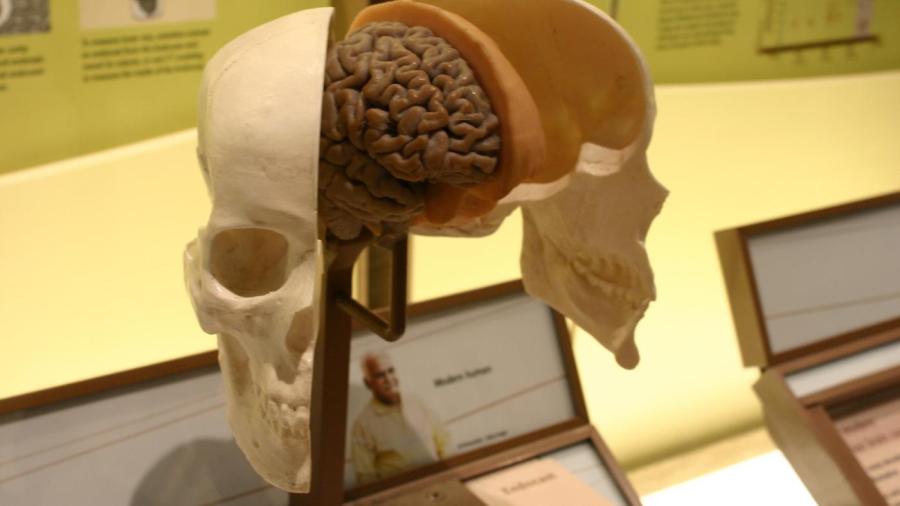What Do Enlarged Brain Ventricles Indicate?

Enlarged ventricles in the brain may be a sign of normal pressure hydrocephalus. It happens when one or more ventricals, which are normally hollow areas in the brain, have too much cerebrospinal fluid.
Cerebrospinal fluid, or CSF, is made and stored in the brain’s ventricles. Its purpose is to help protect the central nervous system and supply it with nutrients. It also removes some toxins and wastes. Any excess CSF should drain away and be absorbed by the body.
If the CSF doesn’t drain, it can build up in the ventricles and cause them to press against the brain. In normal pressure hydrocephalus, this build-up of fluid is gradual. Despite this, there are still symptoms associated with it.
Most people with normal pressure hydrocephalus are over 60. The symptoms can include cognitive changes, clumsiness and incontinence. If the cognitive symptoms are so severe that they disrupt daily life, the patient is said to have dementia. However, normal pressure hydrocephalus, unlike disorders like Parkinson’s disease and Alzheimer’s disease, can be reversed. A shunt can be surgically implanted to drain off the excess CSF.
Sometimes, the condition seems to have no cause or is a complication of a tumor, infection or brain hemorrhage.





